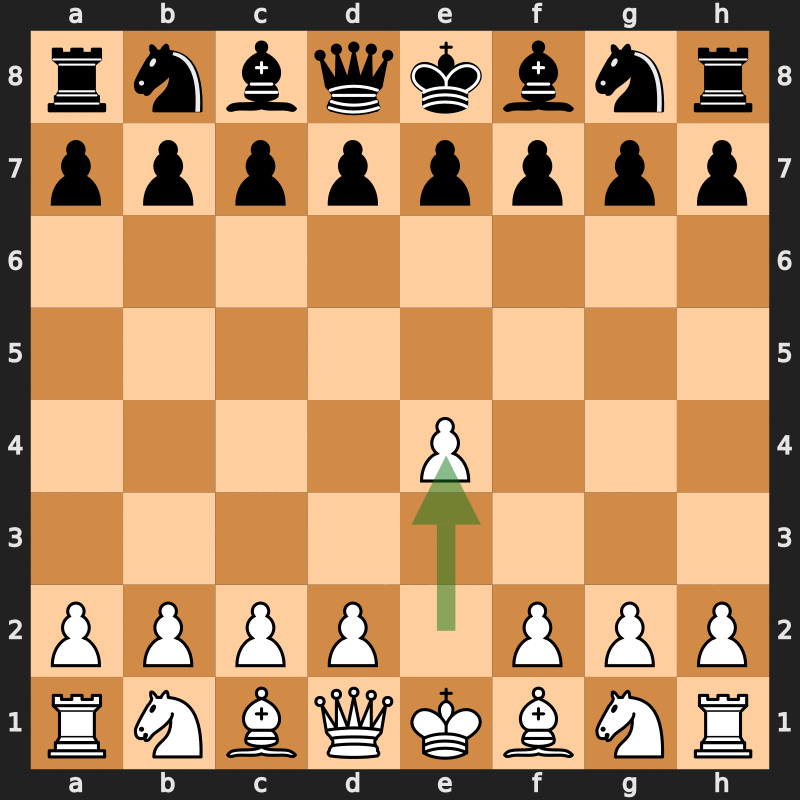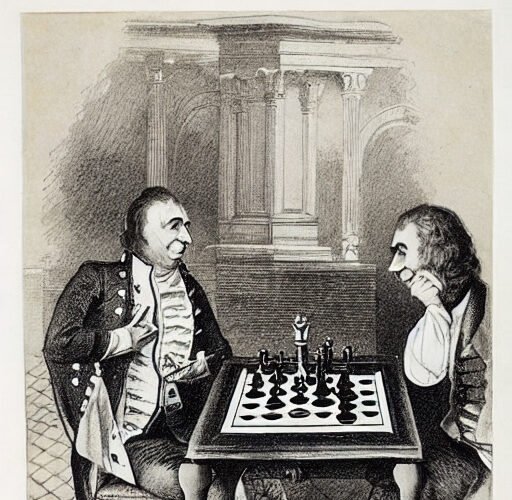The famous “Opera Game” of Paul Morphy, a truly entertaining and impressive game of chess played by the American chess prodigy in 1858. Let me tell you the story of this game
It all began in Paris, where Paul Morphy, who was only 21 at the time, was playing against the duo of the Duke of Brunswick and the Count Isouard, who were known as the best chess players in the city. The game was played during an opera, hence the name “Opera Game”, and Morphy was playing with the white pieces.
Morphy started the game with the classic e4 opening move, to which the Duke of Brunswick replied with the French Defense. Morphy then played d4, which was a bit unusual at the time, and the game continued with a series of exchanges and moves that led to an interesting and complex position.
At move 17, Morphy made a move that would become famous for its sheer brilliance. He sacrificed his queen! That’s right, he sacrificed the most powerful piece on the board for two minor pieces, a bishop and a knight. Some might say it was a crazy move, but not Morphy. He saw the opportunity to gain a winning advantage and he took it.
The Duke and the Count were stunned, as they had never seen anything like this before. They were struggling to find the right moves to defend against Morphy’s attack, and they eventually succumbed to the pressure. Morphy’s minor pieces proved to be too strong, and he won the game in just 17 moves!
The crowd was in awe, and so was the chess world. Morphy had just beaten two of the best players in Paris with an incredible and daring move. The Opera Game became an instant classic and is still considered one of the greatest games of chess ever played.
So, what can we learn from Morphy’s Opera Game? Well, for starters, never underestimate the power of a sacrificial move. Sometimes, taking a risk can lead to great rewards. And secondly, always be creative and think outside the box. Morphy’s d4 move was a bit unorthodox, but it led to a game-changing move that will forever be remembered in chess history.
And with that, my dear friend, I hope you enjoyed this entertaining tale of the Opera Game of Paul Morphy. Remember, whether you’re playing chess or any other game in life, always aim to surprise and impress!


